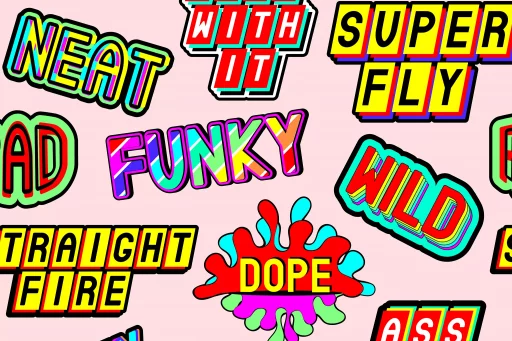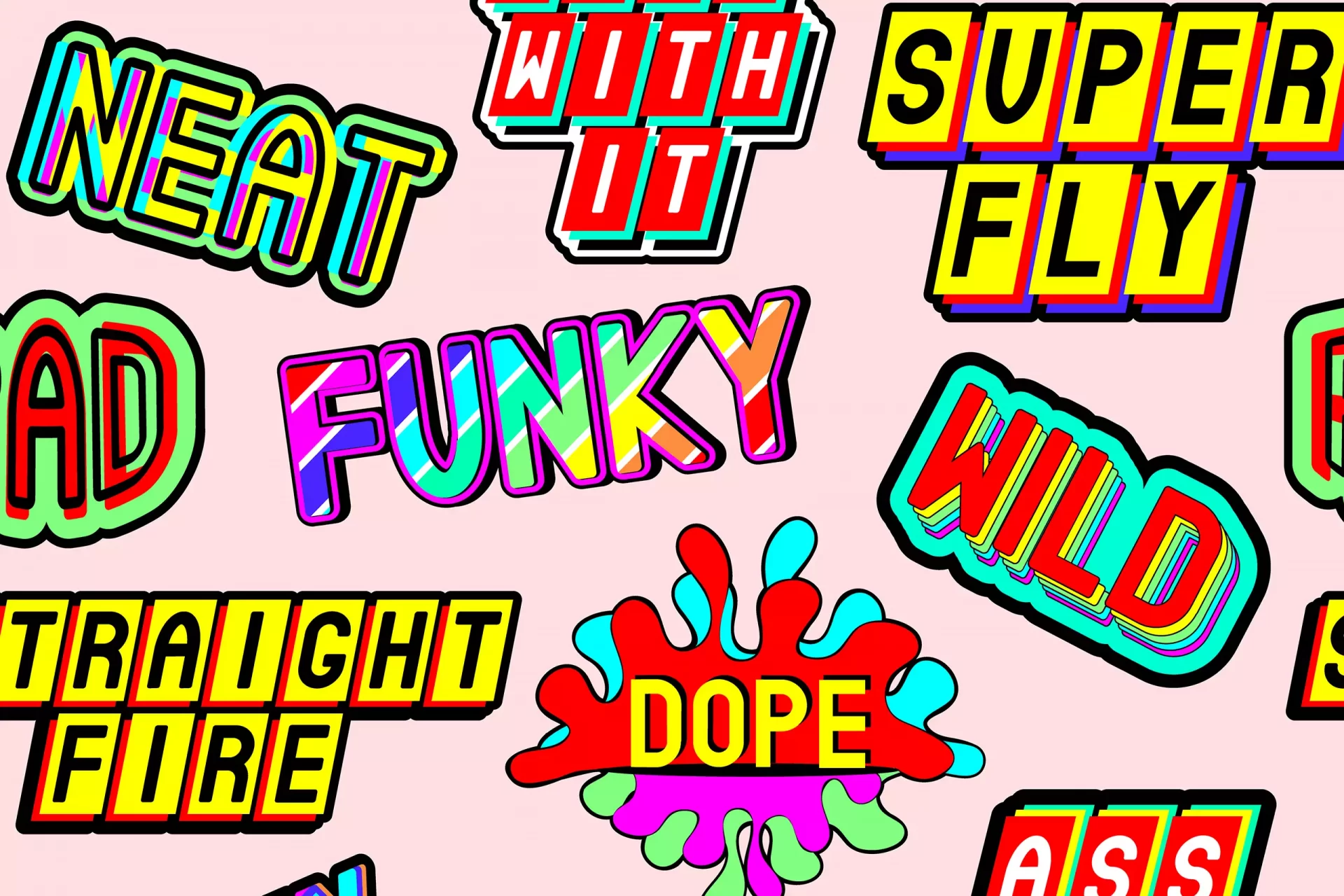Introduction
The term ‘lad’ has evolved significantly over the years, especially within British slang. Traditionally used to describe a young man or boy, its connotations have broadened to encompass various cultural, social, and behavioral attributes. In this article, we will explore the meaning of ‘lad’ in slang, its origins, and its impact on modern language and culture.
Origins of the Term ‘Lad’
The word ‘lad’ has Anglo-Saxon roots, deriving from the Old Norse word ‘ladr,’ which means a young man or boy. Historically, it was a neutral term without the contemporary implications that surround it today. However, as language evolves, so do the meanings of words. In the late 20th century, particularly in the UK, ‘lad’ took on new dimensions.
The ‘Lad’ Culture
The rise of ‘lad’ culture in the 1990s and early 2000s marked a significant evolution in the term’s usage. This culture promoted a hyper-masculine lifestyle often characterized by:
- Binge drinking
- Chauvinism
- Objectification of women
- A love for sports, particularly football
- Engaging in reckless behaviors
Media representations, such as the hit British television show “Ladhood,” contributed to popularizing these traits as emblematic of modern masculinity. However, this cultural phenomenon has faced significant backlash for perpetuating stereotypes and fostering toxic behaviors.
Examples of ‘Lad’ in Popular Culture
To illustrate the impact and usage of ‘lad’ in contemporary slang, here are several notable examples:
- Social Media: Phrases like “lad vibes” or “lad’s night” proliferate on platforms like TikTok and Instagram, often showcasing a humorous or exaggerated portrayal of masculinity.
- Music: The British rap and grime scene features artists who embrace ‘lad’ imagery, often embedding themes of rebellion and celebrating a carefree lifestyle.
- Television & Film: Shows such as “The Inbetweeners” and “Peaky Blinders” highlight ‘lad’ culture, combining humor and traditional masculinity in ways that resonate with viewers.
The Dual Nature of ‘Lad’
While ‘lad’ can denote camaraderie and fun, it also embodies a darker side. The ‘lad’ culture has faced scrutiny, particularly concerning its treatment of women and its tendency to glorify toxic masculinity. Statistics reveal that:
- According to a 2021 survey, 45% of young men felt that societal expectations of masculinity encouraged them to engage in risky behaviors.
- Research shows that 63% of individuals aged 18-24 believe that ‘lad’ culture promotes negative stereotypes about young men.
These findings highlight that while ‘lad’ culture may foster a sense of identity and connection among men, it can also contribute to harmful social norms.
Shifting Perceptions and Challenging Stereotypes
In recent years, there has been a growing movement to redefine the attributes associated with being a ‘lad.’ Many young men today are pushing back against traditional ‘lad’ culture and advocating for:
- Emotional openness and vulnerability
- Respect and equality in relationships
- Responsible drinking and lifestyle choices
This shift demonstrates a broader societal change toward more inclusive and healthy definitions of masculinity. Organizations and campaigns, including Movember and The ManKind Initiative, are addressing these issues and promoting a more positive image of what it means to be a ‘lad.’
Conclusion
In conclusion, the term ‘lad’ in slang showcases a complex interplay of tradition and modernity, humor and seriousness. While it can foster kinship among young men, it is essential to recognize the implications of its use and work towards redefining masculinity in a way that promotes respect and understanding. As society continues to evolve, so too will the meanings we ascribe to the words we use.






